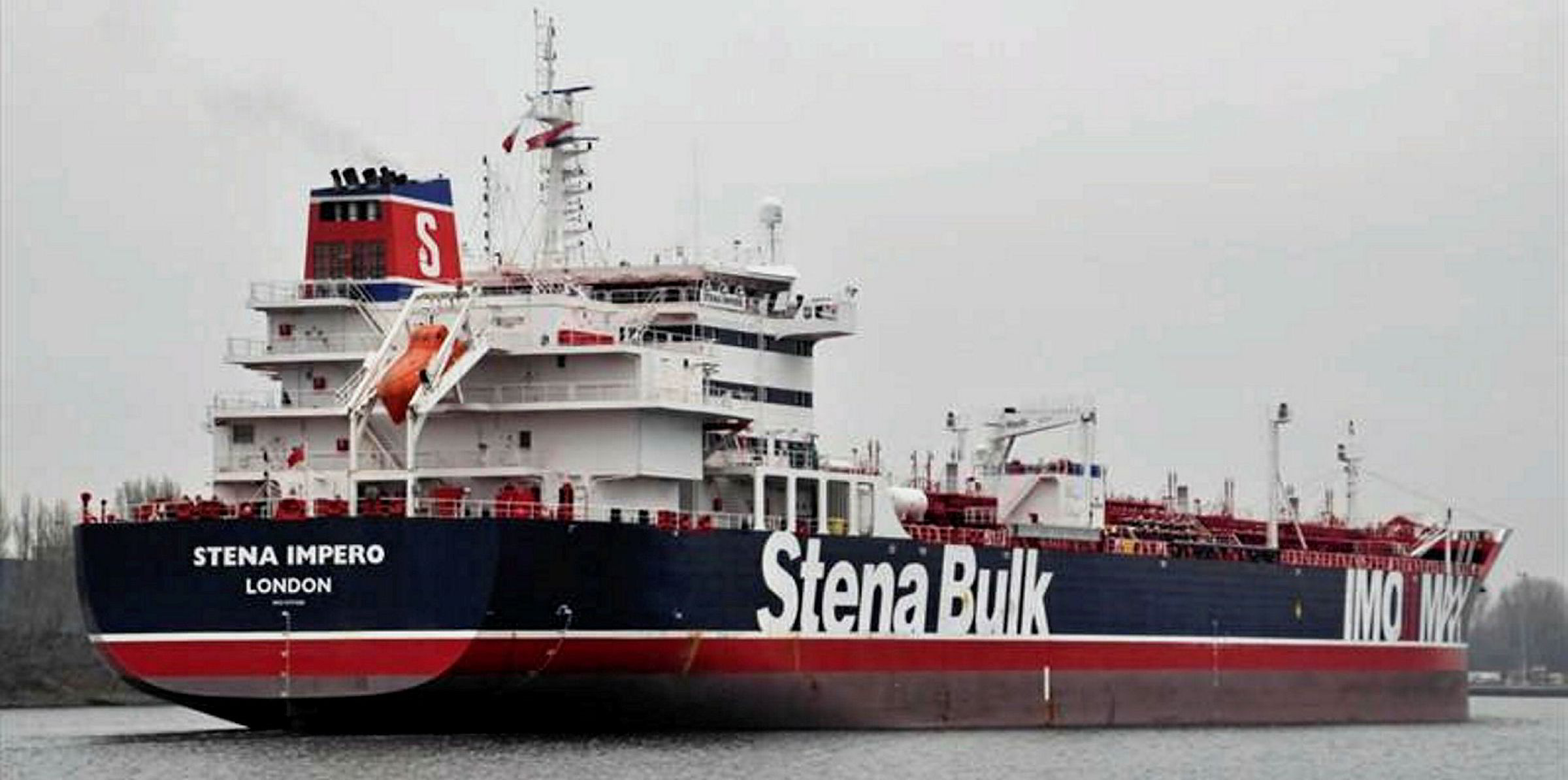ExxonMobil has planned to supply biofuel in the global bunker market after a successful trial with Stena Bulk.
The waste-based biofuel, with 0.5% sulphur content, will be initially offered in Rotterdam later this year before a wider roll-out across the US major’s port network.
“With new marine fuels coming to market recently, the need for quality fuels that are both reliable and ISO compliant has never been greater,” said ExxonMobil marine fuels marketing manager Cowan Lee, referring to the International Organization for Standardization (ISO).
“ExxonMobil’s new marine biofuel oil meets that growing need as it has been extensively tested, is sulphur compliant and can make a significant contribution in helping operators reduce their CO2 emissions.”
To combat climate change, the International Maritime Organisation has aimed to half greenhouse gas emissions from international shipping by 2050.
Researchers have suggested the use of biofuel as bunkers can be considered a carbon-neutral process, as the organic matter used to produce biofuel roughly absorbs as much CO2 as it releases when burned.
But waste-based biofuel is generally preferred as there have been worries that biofuel produced from crops would lead to higher food prices.
ExxonMobil has estimated its second-generation biofuel can reduce carbon emissions by up to 40% when compared with conventional fuels.
“As operators face increasingly stringent regulations and significant pressure from customers to demonstrate their commitment to reducing GHG emissions, this is an important next step in providing the lower-emissions fuels that operators want and need,” Lee said.
Stena trial
The company has recently completed a sea trial aboard a vessel operated by Stena Bulk in Rotterdam to evaluate fuel storage, handling and treatment and found no adverse equipment effects.
John Larese, ExxonMobil’s marine fuels technical advisor, said: “As a residual fuel, it can be dropped-in without the need for expensive modification and can help provide ship operators immediate CO2 savings compared to full hydrocarbon fuel.”
Stena has been engaged in several test runs of biofuel bunkering this year, seeing the fuel as one of the plausible options to meet the IMO’s decarbonisation target.
The Swedish tanker operator worked with Dutch producer GoodFuels Marine in April for a 10-day commercial trial, in which the 50,000-dwt Stena Immortal (built 2016) loaded 250 tonnes of biofuel in Rotterdam.
In June, Stena announced a carbon-offsetting scheme across its fleet, offering its clients a chance to reduce emissions from their shipping operations.
“We believe biofuels have an important role to play in accelerating the reduction of GHG emissions in shipping”, said Stena president Erik Hanell.
“The development of ExxonMobil’s biofuel is an important step towards a broader commercial use of low-carbon fuels and we were happy to be part of the sea trial, which proved to be very successful.”







